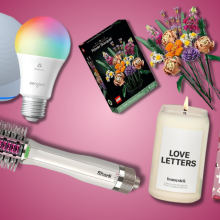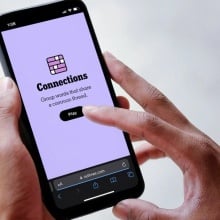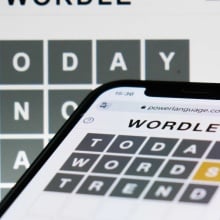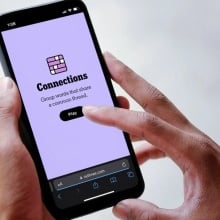In response to the ongoing unrest in the Middle East, you might be seeing more watermelon emojis 🍉 online — a subtle nod of solidarity with Palestine, as the emoji has the same colors as the Palestinian flag.
The watermelon has long been a symbol for Palestine, since at least the Six-Day War in 1967, when Israel seized control of the West Bank and Gaza and made it illegal to publicly display the Palestinian flag, according to TIME. Palestinians began using the watermelon instead because the colors were the same.
Now, some activists are also concerned about a different kind of suppression: shadowbanning and other online censorship. Meta allegedly shadowbanned pro-Palestinian content, locked pro-Palestinian accounts, and added "terrorist" to Palestinian bios. As fears rise of online platforms restricting posts about Gaza, more and more folks on X, TikTok, and other social media platforms are adding the watermelon emoji to their names and posts.
The watermelon regained attention on TikTok last week when a creator made a filter that has users trace a pattern with watermelon and said they would send all proceeds from the monetized filter through the Effect Creator Rewards to humanitarian aid in Gaza, according to TechCrunch.
This isn't the first time an emoji has become synonymous with a nation in turmoil. Back in February, after Russia first began its invasion of Ukraine, many people online posted sunflower emojis 🌻, the country's national flower, to communicate their solidarity with Ukraine. Symbols like flowers, animals, and flags working as a signal of solidarity and strength online during difficult times for nations aren't uncommon.
Research from The Conversation in 2018 showed that after the November 2015 Paris attacks, the most common support emoji were flags from countries like the UK 🇬🇧, the U.S. 🇺🇸, and France 🇫🇷. But beyond flags, other emoji were common, including the red circle 🔴 or the red phone ☎️ to indicate danger and information. During Hurricane Irma, according to The Conversation, the red heart ❤️ and the blue heart 💙 were used to express solidarity, too.
Topics Activism



























